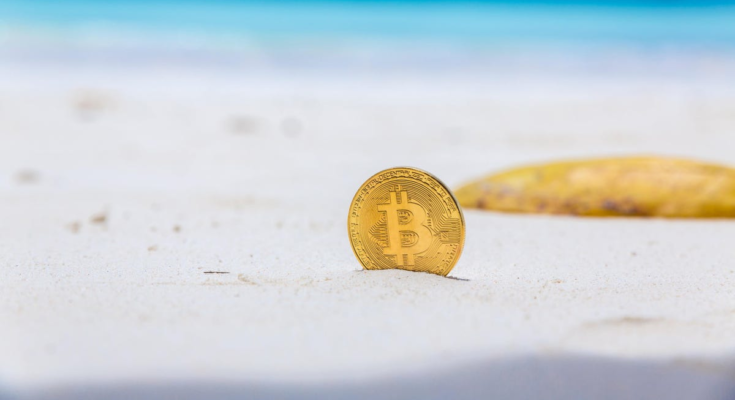
Retailers are increasingly accepting cryptocurrency for physical items, but did you know you can spend crypto on ephemeral experiences like travel too? As more cryptocurrency holders indicate a willingness to spend, travel retailers are rushing to meet the demand. Here’s a look at your options for funding a vacation with crypto.
Ways you can spend crypto on travel
The following travel agencies have an option to make purchases for travel using cryptocurrencies: Destinia, CheapAir, BTCtrip, Berkeley Travel, Fluege.com, Bitcoin Travel and Travala.com. Notably, Travala has partnered with Expedia, which means that crypto holders can also spend their money on more than 700,000 Expedia Group hotels and accommodations. Another notable option is Bitcoin Travel, a travel booking site that’s been around since 2011 and accepts over 50 cryptocurrencies.
Another way to spend crypto on travel is to use eGifter to convert bitcoin into travel gift cards. Per CNBC, the company offers cards from American Airlines, BedandBreakfast.com, Carnival and Celebrity cruise lines, and Hyatt and Marriott hotels.
Why would companies accept crypto, anyway?
Partly to get the jump on consumer demand. Over two-thirds of the people who use the crypto marketplace Coinbase plan to make purchases with crypto over the next two years, and retailers and service providers are increasingly jumping in to fill the gap. As Johannes Reck, CEO of the travel agency GetYourGuide, recently explained to CNBC:
“People want to put their crypto back into the system [and] travel is one of the biggest categories there is. We take Dogecoin now into the real world; you can apply it and actually get a real-world, kinetic experience.”
G/O Media may get a commission
Despite cryptocurrencies being so volatile (Bitcoin has fluctuated in value by 30% this month alone), the merchant has some control over real-time prices, which they can lock in at the point of sale. The transaction fees are also much lower for vendors compared to credit cards, and since these coin transactions are irreversible, they don’t have to deal with chargebacks from fraudulent credit card purchases. Plus, there’s also the brand-building “cool factor” of accepting crypto, which can’t be calculated but definitely seems to be a part of it too.
Should I be spending my crypto?
That depends on how valuable you think it is going to be in the long term. Laszlo Hanyecz, an early crypto adopter of crypto, somewhat famously purchased a pair of Papa Johns pizzas with 10,000 Bitcoins. Today, that sum is worth $458,779,089, according to this daily Twitter tracker.
This kind of FOMO is why so many people—known as the HODLers—have invested in crypto as long-term bet that such currency will become more widely accepted (and thus more valuable) later, perhaps eventually replacing fiat currencies to form the basis of all future economic structures. Of course, there is no guarantee that any of that will ever happen, either. Whether to spend your crypto is really up to you.



